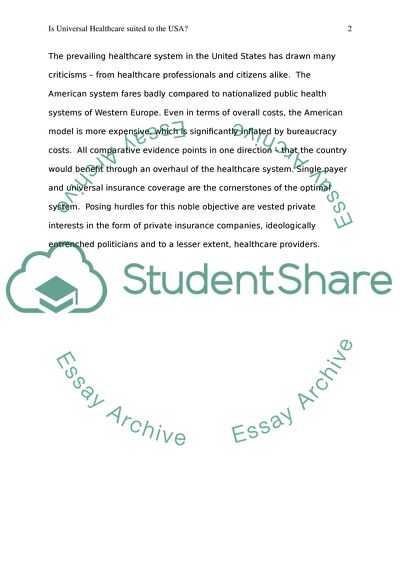Cite this document
(Is Universal Healthcare suited to the USA Literature review - 1, n.d.)
Is Universal Healthcare suited to the USA Literature review - 1. https://studentshare.org/health-sciences-medicine/1804227-the-us-healthcare-system
Is Universal Healthcare suited to the USA Literature review - 1. https://studentshare.org/health-sciences-medicine/1804227-the-us-healthcare-system
(Is Universal Healthcare Suited to the USA Literature Review - 1)
Is Universal Healthcare Suited to the USA Literature Review - 1. https://studentshare.org/health-sciences-medicine/1804227-the-us-healthcare-system.
Is Universal Healthcare Suited to the USA Literature Review - 1. https://studentshare.org/health-sciences-medicine/1804227-the-us-healthcare-system.
“Is Universal Healthcare Suited to the USA Literature Review - 1”. https://studentshare.org/health-sciences-medicine/1804227-the-us-healthcare-system.


